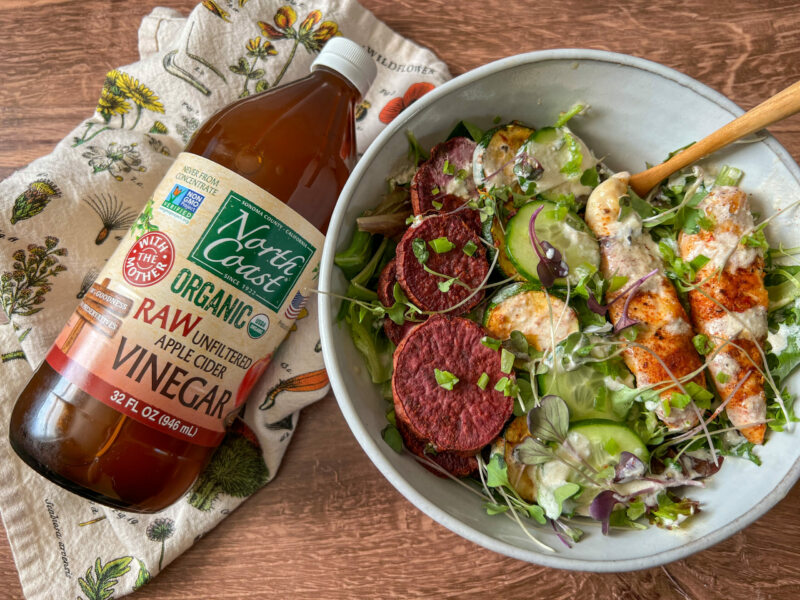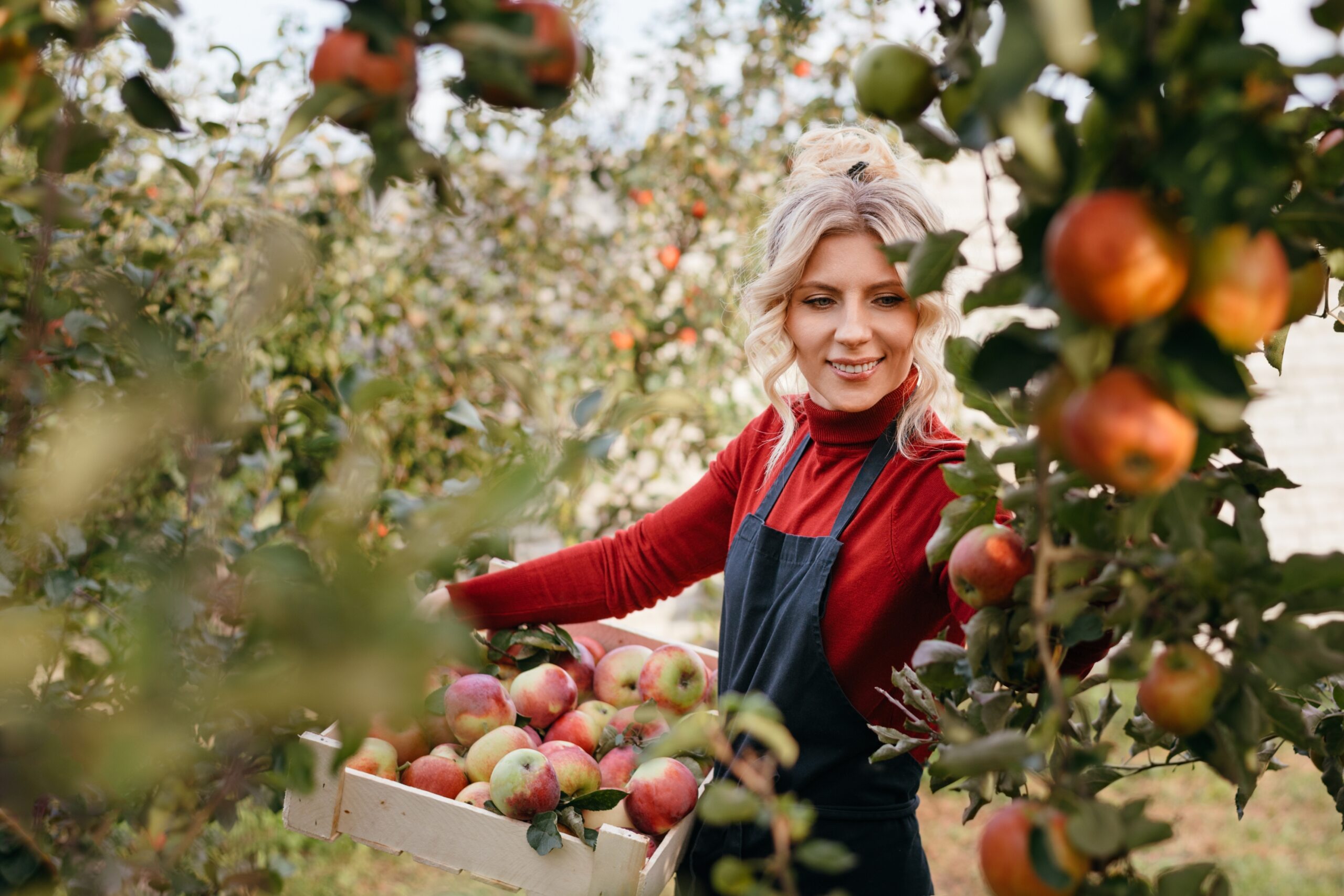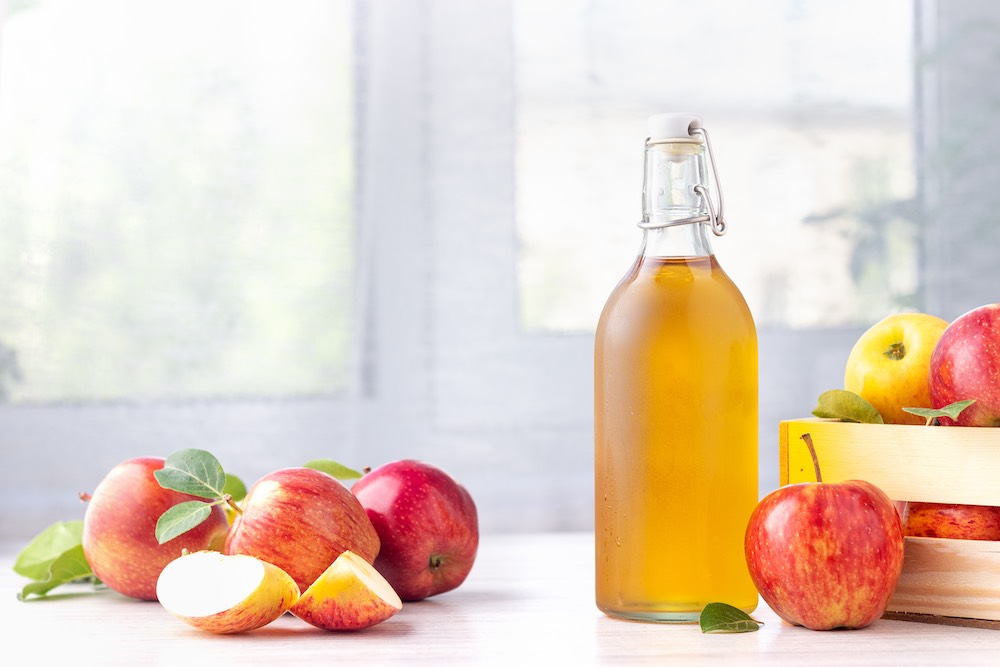“Sustainable development is development that meets the needs of the present without compromising the ability of future generations to meet their own needs.”
The concept of sustainable development was first put forward in the 1987 report ‘Our Common Future’ – prepared for the World Commission on Environment and Development. Its authors, even then, more than thirty years ago, recognized that everyone in the world needs to be involved, if next generations will be able to live healthy lives on a healthy planet.
So how can we lead more sustainable lives?
The Center for Biological Diversity recommends these ways:
Think twice before shopping.
Every product we purchase has an environmental footprint, from the materials used to create it, to the pollution emitted during manufacturing, to the packaging that ends up in landfills. So before you buy, ask yourself if you really need it?
Make sure your big purchases have big environmental benefits.
If you’re in the market for a new car, look for a fuel-efficient or electric model. If you’re buying a new refrigerator, washer or dryer, look for the Energy Star label to find the most energy efficient appliances.
Cut down or go plastic free.
Plastic never goes away. Get on board. You can start cutting down on your plastic waste in a few simple steps: use reusable bags when you shop, ditch single-use water bottles, bags, and straws, and avoid products made from or packaged in plastic whenever possible.
Be water wise.
Skip the bottled water. Bottled water companies try to give tap water a bad name, but much city water has won quality and taste tests against name-brand water. Also, conserve water by taking shorter showers, fixing leaky toilets, choosing low-flow and low-water appliance options, and xeriscaping your yard.
Drive less, Drive green.
Walk, bike, carpool or use public transportation whenever possible. Combine errands to make fewer trips. Keep your car in shape with regular tune-ups and tire inflations to save on gas usage.
Green your home.
Make sure your home has adequate insulation and energy-saving windows, and use a programmable thermostat for more efficient heating and cooling. Use energy-saving light bulbs for more efficient lighting.
Choose green energy.
Some states and municipalities enable you to pick your electricity supplier, using a company that generates half or all of its power from wind, solar and other clean sources. Explore options — and tax credits — for installing rooftop solar panels or solar water heating in your home.
Use your voice and your vote.
Vote for candidates with strong environmental platforms. Urge your representatives to pass stronger policies to limit greenhouse gases and fight climate change.
Look for more sustainability ideas on The Center for Biological Diversity website.
North Coast Organic believes in sustainability and stewardship.
North Coast Organic is proud of our rich history of caring for the planet. We currently supply more than 50% of our production with renewable energy through our on-site roof top solar panels, striving for 100% by 2022. We have a full time staff member dedicated to minimizing our water usage. We use traditional processing methods to produce our apple sauce, juice and vinegar so that there’s no waste! Local organic farmers pick up the leftover apple pumice we cannot use in our products multiple times per day to feed their livestock.
That’s just what we are doing now! We are always looking for more ways to help ensure a healthy planet for generations to come. Stay tuned!
North Coast Organic apple products are made in Sebastopol, CA from U.S. grown certified organic apples. They contain no added sugars, preservatives, colorings or flavorings.







